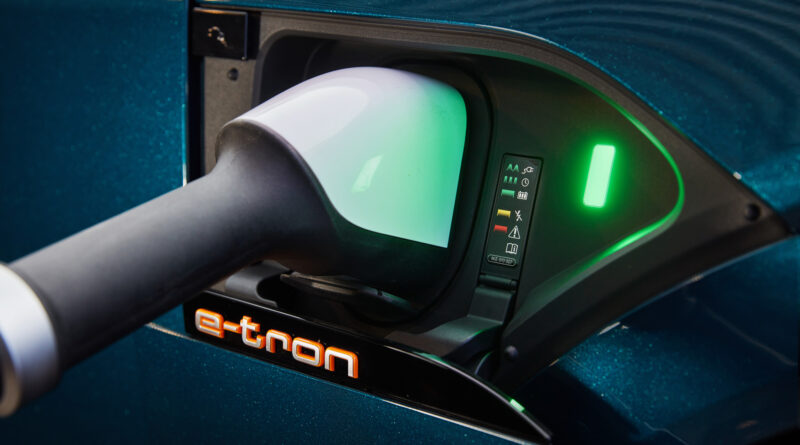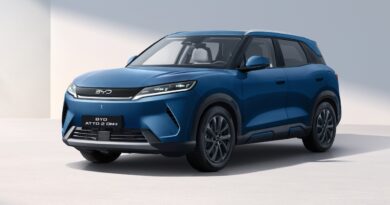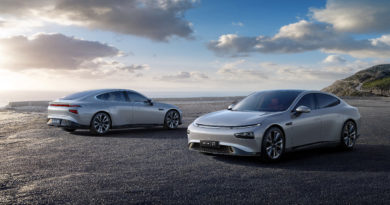Audi boss calls on Feds to build EV infrastructure
While car companies in Australia have largely given up on the idea of our government ever offering incentives of any kind for people to buy EVs, or even any firm goals for the reduction of CO2 from transport, Audi Australia boss Paul Sansom is still pushing for politicians to do their job in one area that’s clearly their responsibility – rolling out infrastructure.
Sansom, who comes from the UK, which he says was already incentivising its citizens to buy electric vehicles a decade ago, is still stunned by the Federal Government’s head-in-the-coal-shale attitude locally.
“Here, in 2020, in Australia, there’s not even a sign of that yet, no incentives to shift to alternative-powered engines, no government subsidies – I think Australia’s a little further back than Europe, China and the US,” Sansom says.

The situation is so dire, in fact, that he and other car-importer bosses recently got together with the FCAI to come up with their own roadmap for reducing CO2 emissions from the transport industry by 2030.
“It’s quite a unique situation, globally, because in most other countries those targets are legislated for us, but here the manufacturers had to come up with their own,” Sansom says.
Despite the lack of any encouragement from government, Sansom believes consumers will, soon enough, be left with little choice but to start shifting towards EVs, particularly when you consider that many countries are planning to make the sale of new internal-combustion-engine cars illegal over the next 10 to 15 years.
“There’ll be a natural swing in that direction, with so much more choice on the way – I think it’s inevitable; by 2025, Audi will be offering 30 electrified models, and by then, electrified vehicles will make up some 40 per cent of our total global sales,” he adds.
“What we’re definitely seeing is the factories gearing up for that volume of EVs, switching their production capacities to cater for that level of production.
“At some point there’s going to be less choice for consumers of combustion engines and more choice of electrified vehicles.
“It’s hard to imagine the transformation that’s going on around the world when you’re sitting here in Australia and not seeing it, but the changes in major European cities, and in the US, are huge.”

Vitally, Sansom says Audi’s own research shows that “over 50 per cent of Australians say they’d be interested in buying an EV”. Clearly, however, they’re not doing so yet, and nor is the Federal Government paying any attention to global trends in motoring.
“What’s needed here in Australia is an all-of-government policy around the carbon issue, and we don’t seem to have had that – it reared its head before the election and since then it’s gone completely quiet again,” he opines.
So what would Sansom like to see local authorities do, as Audi Australia prepares to roll the EV dice with the launch of its new, and vital, e tron in Canberra next week – right under the government’s nose.

“I think the Government’s responsibility is to invest in infrastructure, I think that’s the most important thing they could do, because EVs are coming, and with the range of cars that’s coming at us, there’s going to be something for everyone’s budget,” he insists.
“The VW Group on the whole is investing so much in e-mobility, and all the other OEMs are doing similar things.”




